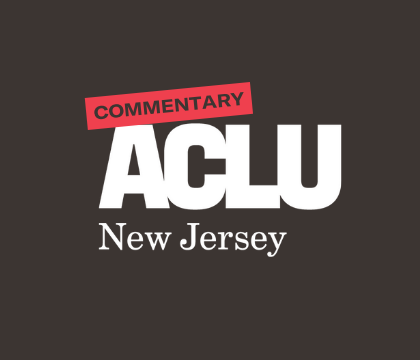The June 19, 1865 announcement by Union soldiers that enslaved people were free in Texas – received months after the Civil War ended – remains jarring in its dissonance:
“The people of Texas are informed that, in accordance with a proclamation from the Executive of the United States, all slaves are free. This involves an absolute equality of personal rights and rights of property between former masters and slaves, and the connection heretofore existing between them becomes that between employer and hired labor. The freedmen are advised to remain quietly at their present homes and work for wages.”
The last 200,000 Black people to be made aware of their “absolute equality of personal rights” were told, in the same breath, to “remain quietly at home.” That first taste of freedom was never meant to be a taste of equality, but instead a sugar-coated new set of restrictions, placing the upper limits of liberty well below the bare minimum of equality. The general order of supposed emancipation was, in truth, a call to action to reset the bones of white supremacy.
Juneteenth, the day memorializing that announcement, is clearly a celebration of freedom for Black people in America. It is also a glaring example of obstructed information being released and thus serves as a cautionary tale for this moment.
Until we shine a light on hidden places, statements from our leaders that Black Lives Matter ring hollow, like the caveats in that Texas order that spat out news of freedom.
To truly repair the damage of our uniquely American legacy of racial inequality, we must bring about true transparency and accountability in policing.
Achieving equality, like truly obtaining freedom after slavery, requires unfettered access to information. The bright light of information, whether from a cellphone camera, public records, or a forensic DNA test, safeguards the Fourth Amendment and other essential rights, which are too often only legal fictions for Black America.
To this end, the ACLU of New Jersey recently proposed three immediate actions the legislative and executive branches can take to rein in misconduct as we begin the work of broadly re-imagining policing. That list included truly empowering civilian complaint review boards and limiting the principle known as qualified immunity, which lets police officers escape legal consequences for misconduct.
But at the top of the list was transparency.
Attorney General Gurbir Grewal’s June 15 order requiring departments to disclose names of officers who commit serious misconduct was a powerful step in the right direction, but nowhere close to where we must be.
We need more than the promise of internal affairs summary reports and the names of officers with sustained “major discipline” allegations. We must know not just names, but histories, including past complaints that have never seen the light of day.
We cannot stop at police licensure. We need standards for police officers at least as rigorous as those we require from our hairdressers, lawyers, and plumbers.
We must codify the ability of Civilian Complaint Review Boards to oversee police abuses in their own communities, on their own terms, with real powers both to investigate wrongdoing through actionable subpoena powers and to hold wrongdoers accountable when misconduct is found, powers the Office of the Attorney General vehemently fights.
We cannot allow misconduct to be buried, or for abusive officers to continue moving from one police department to another unpunished.
We must place checks on the legal doctrine of qualified immunity, which allows police to evade legal responsibility for their actions in those rare instances when misconduct is able to be undeniably exposed.
Our institutions reflect the culture they emerged from, a mindset captured on the editorial page of the Cincinnati Enquirer – a city that was the first stop past the border for refugees fleeing the South – just says after the Confederate surrender: “Slavery is dead, the negro is not; there is the misfortune.”
By demanding true transparency and accountability, we undo these racially damaged foundations and midwife equality into a policing structure with origins in injustice. We create space to reinvent governmental and law enforcement institutions to serve people rather than power.
We can only ensure that Black lives do, in fact, matter, if their importance is not relegated to hashtags and cardboard signs, but reflected in the living relationship between government, law enforcement, and person.
The very existence of Juneteenth reveals how the “absolute equality of personal rights” can be thwarted by information deferred. As we seek to address centuries-old injustices, we must learn Juneteenth’s essential lesson: freedom, this time, must be on time.
This piece was originally published by The Star-Ledger/NJ.com


